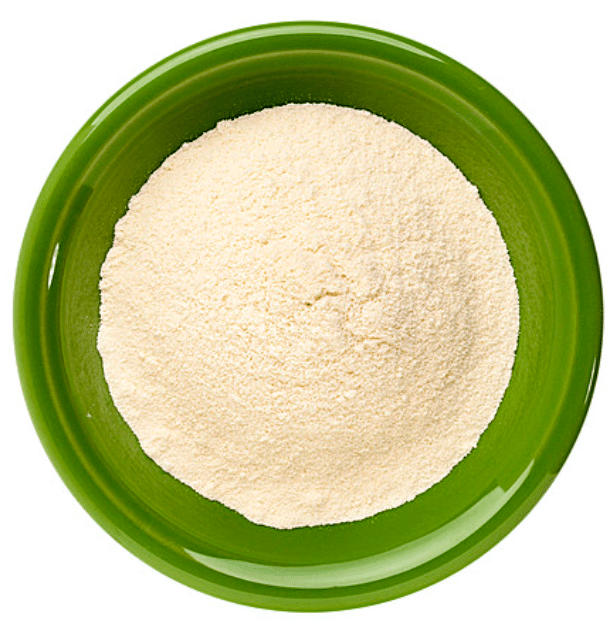Evening Primrose Oil (EPO) and Alpha Lipoic Acid (ALA) are both popular supplements known for their potential health benefits, but they work in very different ways. EPO is derived from the seeds of the evening primrose plant, while ALA is a naturally occurring antioxidant found in both plant and animal cells. Both are praised for their antiinflammatory and antioxidant properties, but they serve different roles in supporting overall health. This article will compare these two supplements to help you understand their unique benefits and determine which one may be right for you.
Origins and Composition
Evening Primrose Oil (EPO) is extracted from the seeds of the Oenothera biennis plant, commonly known as the evening primrose. The oil is rich in gammalinolenic acid (GLA), an omega6 fatty acid that plays an important role in reducing inflammation and promoting overall wellness. GLA is essential for producing important hormones and other compounds that regulate immune function and cell repair.
Alpha Lipoic Acid (ALA), on the other hand, is an antioxidant that is produced naturally in the body, but it is also available as a supplement. ALA is unique because it is both water and fatsoluble, allowing it to work in various parts of the body, including the blood, liver, and brain. It plays a crucial role in energy metabolism and protects cells from oxidative damage caused by free radicals. ALA also helps regenerate other antioxidants in the body, making it an essential molecule for overall health.
Key Health Benefits
Evening Primrose Oil:
- Skin Health: One of the most wellknown benefits of EPO is its positive effect on skin conditions. The GLA in EPO helps to reduce inflammation and supports the skin’s ability to retain moisture, making it effective for conditions like eczema, acne, and psoriasis. It’s also used to reduce the appearance of wrinkles and maintain skin elasticity, making it a popular ingredient in skincare products.
- Hormonal Balance: EPO is often used to manage symptoms related to hormonal imbalances, particularly in women. It is commonly taken to help reduce PMS symptoms, such as mood swings, bloating, and breast tenderness. EPO is also used to alleviate menopause symptoms like hot flashes and mood changes. The GLA in the oil helps to regulate hormone production, particularly prostaglandins, which play a role in inflammation and pain.
- AntiInflammatory Effects: The GLA in EPO is a potent antiinflammatory agent. It helps reduce systemic inflammation, which can be beneficial for conditions like rheumatoid arthritis and other inflammatory disorders.
Alpha Lipoic Acid:
- Antioxidant Protection: ALA is a powerful antioxidant that protects cells from oxidative stress, which can damage cell structures and contribute to aging and chronic diseases. It helps neutralize free radicals in the body, reducing the risk of oxidative damage to tissues, organs, and DNA. This makes ALA valuable for antiaging purposes and for protecting the body against chronic conditions like heart disease, diabetes, and cancer.
- Blood Sugar Regulation: ALA has been shown to help regulate blood sugar levels, making it particularly beneficial for individuals with diabetes or insulin resistance. It enhances insulin sensitivity, helping the body use glucose more efficiently. Some studies also suggest that ALA may reduce complications related to diabetes, such as nerve damage (neuropathy).
- Brain Health and Neuroprotection: ALA has neuroprotective effects, meaning it helps protect the brain from oxidative damage and supports cognitive function. Some research has shown that ALA may help in the management of neurodegenerative diseases, such as Alzheimer’s and Parkinson’s disease. It also has the potential to improve memory and cognitive performance by protecting brain cells from damage.
- Detoxification: ALA is involved in the process of detoxifying the body by supporting the liver’s function. It helps regenerate other antioxidants like vitamin C and vitamin E, further enhancing the body’s ability to fight oxidative stress.
Side Effects and Considerations
Both Evening Primrose Oil and Alpha Lipoic Acid are generally safe when taken in recommended doses, but there are some potential side effects to consider.
Evening Primrose Oil can cause mild gastrointestinal upset, headaches, or skin reactions in some individuals. It may also interact with bloodthinning medications, increasing the risk of bleeding. People with epilepsy or those on medications for seizure disorders should use caution with EPO, as it can affect the nervous system.
Alpha Lipoic Acid is generally well tolerated but may cause mild side effects such as nausea, skin rashes, or digestive upset. It may lower blood sugar levels, so individuals with diabetes should monitor their blood sugar closely when taking ALA. ALA may also interfere with certain chemotherapy treatments, so it’s important to consult a doctor if undergoing cancer treatment.
Sustainability and Environmental Impact
Both Evening Primrose Oil and Alpha Lipoic Acid are considered relatively sustainable in their production. EPO is plantbased, and the evening primrose plant is cultivated without significant environmental impact. However, the plant does require specific growing conditions, including adequate water and space.
Alpha Lipoic Acid, being a naturally occurring compound, can be synthesized in laboratories and is usually produced in an environmentally friendly manner. However, some forms of ALA are derived from plantbased sources, such as spinach and broccoli, which have minimal environmental impact.
Conclusion
Evening Primrose Oil and Alpha Lipoic Acid offer distinct health benefits, with each supplement excelling in different areas. Evening Primrose Oil is an excellent choice for those looking to support skin health, hormonal balance, and reduce inflammation. It is especially beneficial for women dealing with PMS or menopause symptoms and for those with skin conditions like eczema or acne.
Alpha Lipoic Acid, on the other hand, is a powerful antioxidant with multiple benefits for blood sugar regulation, brain health, and detoxification. It is ideal for individuals looking to protect their cells from oxidative stress, manage blood sugar, or support cognitive function. ALA’s ability to regenerate other antioxidants also makes it a valuable supplement for general health and longevity.




